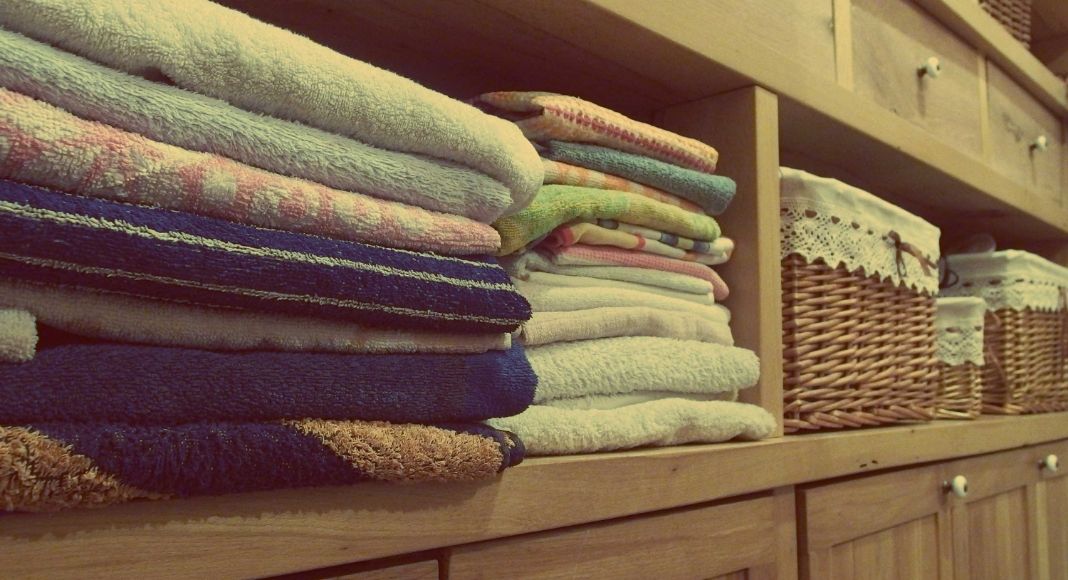Have you ever been cleaning the kitchen after a long day and just glaring at your husband who’s lounging on the couch catching up on his favorite show? That was me. Every evening, I was feeling resentment towards my husband because we’d both had busy days, but he got to relax while I finished dishes, picked up toys, cleared off the kitchen island, packed tomorrow’s lunches, etc. etc.
And then it hit me, maybe he doesn’t even realize how exhausted I am. Maybe he has no clue that I’m drowning in chores and just want five minutes to rest and mindlessly scroll through Instagram before I start the bedtime routine.
So I asked him for help. It was simple, “hey, can you fold this laundry while you watch the game?” And he did it. Now, I’m a bit of a perfectionist. And watching him fold our bath towels all wrong was painful. But it got done. And I got to bed a little earlier that night.
Asking for help does not come naturally for me. I’ve always been an independent, I-can-do-it-all kind-of girl. Sometimes asking for help makes me feel inadequate. Like, maybe I can’t do it all. And that’s okay. I realized that accepting help doesn’t mean that I’m not enough.
Here is my step-by-step plan for letting go of perfection and accepting help:
1. Pick your battles. Make a list of things that don’t NEED to be done perfectly. These will likely be things that are done daily. For example: making the bed or putting toys away.
2. Delegate. Decide who would be best to complete these simple tasks. Are they chores that your kids can be responsible for? Or is it something your husband could help out with before or after work?
3. Ask for help. Start with just one item from your list. Don’t make it into an argument, “You never help with anything, can you just do this one thing!?” Instead, simply state, “I could use a little help. Would you mind doing ____ for me?” For the kids, offer a reward or incentive, if needed.
 4. Reap the benefit of having one less thing on your to-do list. Do you have four extra minutes to get yourself ready in the morning because you didn’t have to make the kids’ beds? That’s a WIN!
4. Reap the benefit of having one less thing on your to-do list. Do you have four extra minutes to get yourself ready in the morning because you didn’t have to make the kids’ beds? That’s a WIN!
5. Repeat steps 1-4 until you have lessened your load and feel like you can get your head above water again.
If the chores you’ve passed on to your partner or child are not done up to your standard, try not to dwell on this. Thank them for doing it first and then next time you can offer a suggestion on how it might be done a little better. And remember that done is better than perfect.
Don’t let perfections stand in the way of accepting help?













Awesome advice!